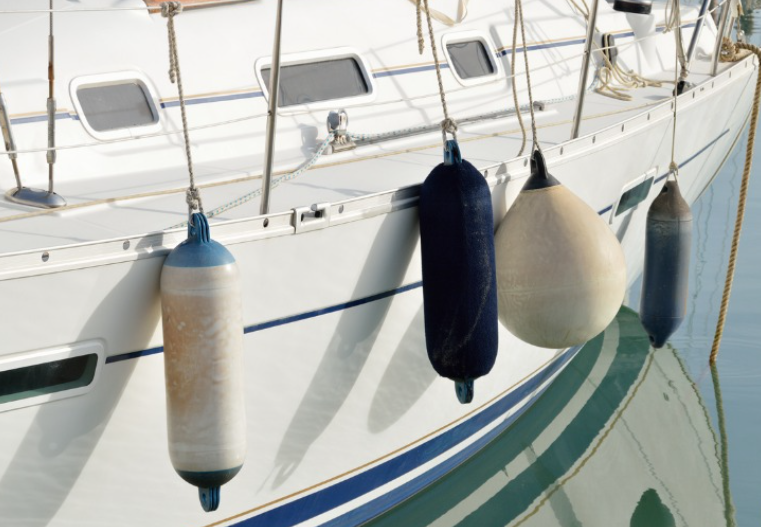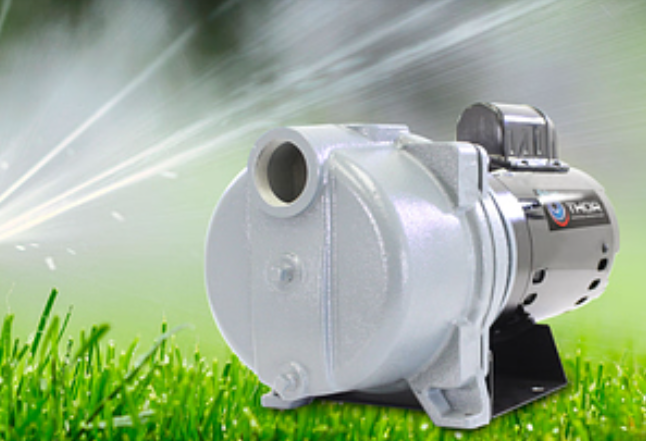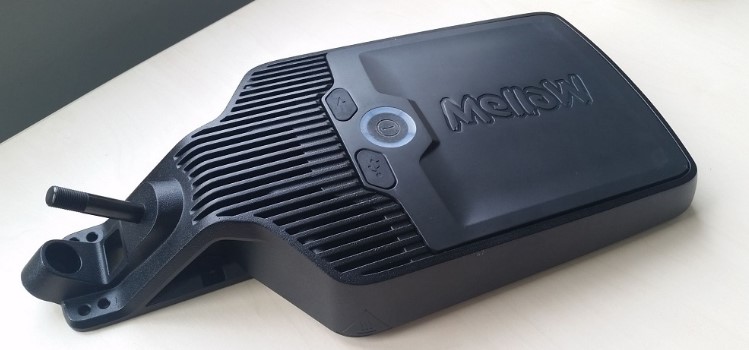The Importance of Fender Hooks for Boating Safety

Boating is a popular recreational activity enjoyed by millions of people around the world. Whether it’s sailing, fishing, or cruising, being out on the water provides a sense of freedom and relaxation. However, with this freedom comes responsibility, and one of the most important aspects of boating safety is ensuring that your vessel is protected from damage during docking and mooring. This is where fender hooks play a crucial role.
What are Fender Hooks?
Fender hooks are a simple yet essential piece of equipment used on boats to secure and hold fenders in place. Fenders, also known as bumpers, are soft cushions made of heavy-duty material such as rubber or foam. They are placed between the boat and a dock or another vessel to prevent damage caused by contact and friction. Fender hooks are designed to attach the fenders securely to the boat, ensuring that they are properly positioned and won’t slip or fall off.
Importance of Fender Hooks for Boating Safety
1. Protection from Damage: The primary function of fender hooks is to protect your boat from damage. When a boat comes into contact with a hard surface like a dock or another boat, the impact can cause scratches, dents, or even structural damage. By securely attaching fenders using fender hooks, you create a cushioning barrier that absorbs the shock and prevents direct contact between the boat and the surface. This reduces the risk of damage and the need for costly repairs.
Types of Fender Hooks
There are various types of fender hooks available, each with its own advantages and applications. Some common types include:
1. S-shaped Fender Hooks: These hooks have a unique S shape, allowing them to easily hang fenders onto rails, lifelines, or stanchions. They are ideal for quickly attaching or detaching fenders on boats or other marine vessels.
2. Adjustable Fender Hooks: These hooks feature an adjustable design that allows users to customize the length and position of the hook. This flexibility makes them suitable for a wide range of fender sizes and attachment points.
3. Clip-on Fender Hooks: As the name suggests, these hooks can be easily clipped onto various surfaces, such as boat rails or boat cleats. They provide a secure attachment point for fenders and are convenient to use.
4. Fender Hooks with Suction Cups: These hooks utilize suction cups to attach to smooth or non-porous surfaces. They are commonly used in instances where drilling or permanent mounting is not desired. However, they are not recommended for heavy-duty applications or in areas with rough water conditions.
5. Permanent Mount Fender Hooks: These hooks are fixed permanently to a surface, such as a dock or boat, using screws or bolts. They provide a reliable and sturdy attachment point for fenders and are suitable for long-term use.
6. Magnetic Fender Hooks: These hooks have magnets embedded in their design, allowing them to securely attach to metal surfaces. They are often used on metal boats or docks and provide a convenient and easy-to-use fender attachment solution.
Each type of fender hook offers its own unique benefits and is suitable for different applications and preferences. It is essential to consider factors such as the size of the fenders, the attachment points available, and the desired level of convenience when selecting the appropriate type of fender hook.
Tips for Using Fender Hooks
1. Proper Placement: It is important to position the fenders at the appropriate height and angle to ensure effective protection. The fenders should align with potential contact points and cover a significant portion of the boat’s side. Fender hooks should be fastened securely to prevent slipping or accidental dislodging.
In Conclusion
Fender hooks may seem like a small and insignificant part of your boating equipment, but they play a crucial role in ensuring the safety and well-being of your vessel. By securely attaching fenders using high-quality hooks, you protect your boat from damage, prevent collisions, and maintain stability and balance during docking and mooring. Remember to choose the appropriate type of fender hooks for your boat and regularly inspect and replace them as needed. By prioritizing boating safety and investing in reliable equipment, you can fully enjoy the pleasures of boating while minimizing the risks.





